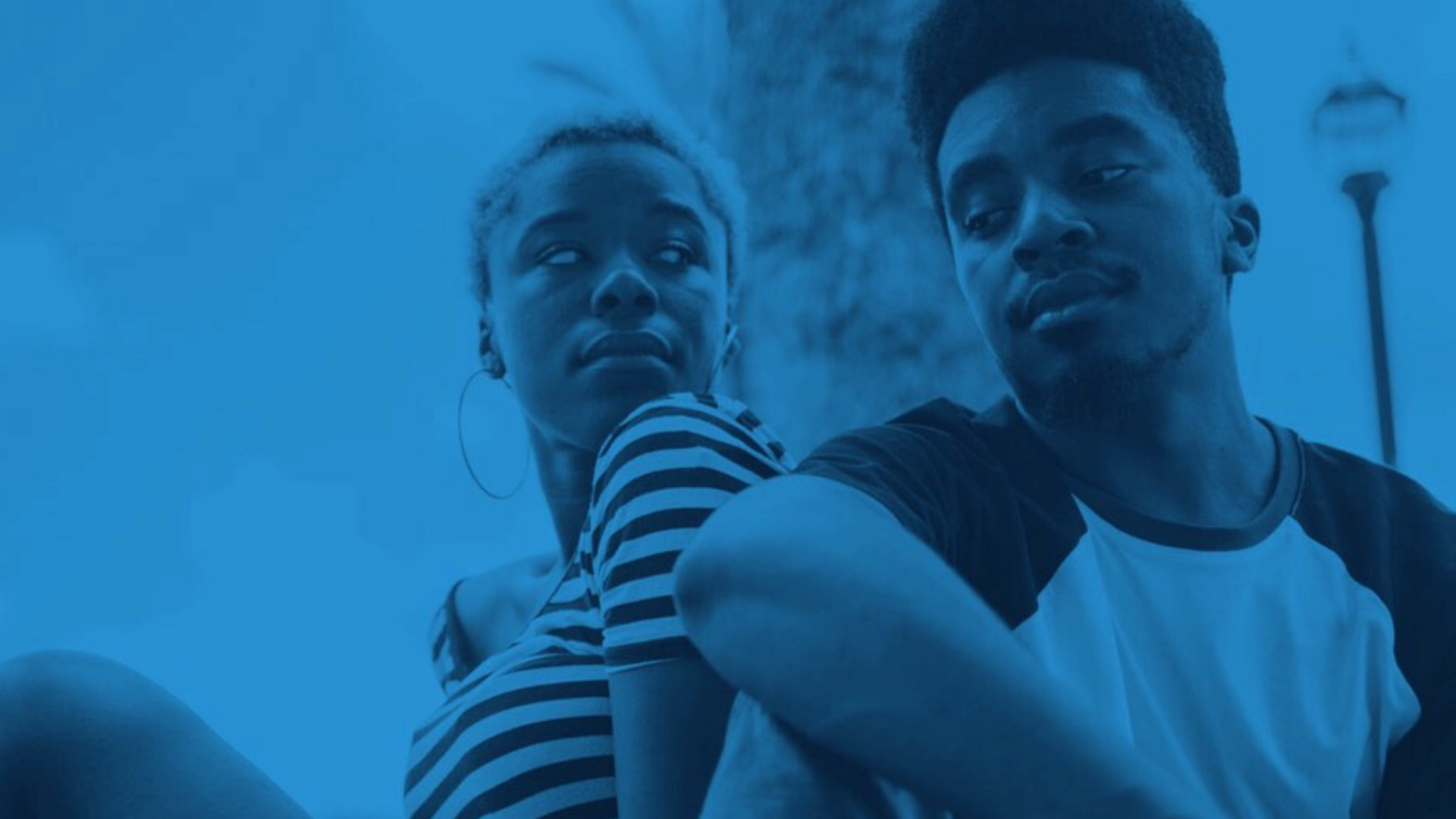The African and African American experiences are a world apart, and yet all in the same orbit. Our strained relationship was birthed from the Middle Passage of slavery, fueled by Jim Crow laws, and always found a home within systematic oppression. It’s a relationship that is complex with both sides having valid reasons for their different positions.
For centuries, the United States (U.S.) has marketed itself as a country of endless opportunities for any and everyone willing to work hard to achieve their dreams. Rags-to-riches stories are celebrated and retold through Hollywood film, TV, books, and media. The same commercial tools used to depict America as the world’s Disneyland were used to paint negative stereotypes between Africans and African Americans for generations. Inside the U.S., the Black American is portrayed as too violent, too lazy to get a job, has having fatherless kids, and therefore, ungrateful for America’s opportunity. Outside the U.S. media, Black Americans are a lost people with no culture who foolishly blame slavery and other past abuses for their shortcomings instead of moving on. Within the U.S. media, Africans were depicted as primitive savages who hunt for their food with no clothes on. At the same time, the African is seen by Black Americans as an immigrant that American society accepts.
The 2018 film Black Panther mirrored years of resentment felt by many Blacks in the U.S. through the character Killmonger. This U.S. military-trained, lost son of Wakanda harbored feelings of abandonment towards Wakanda’s people who chose to stay hidden away and peaceful. American history reveals that Africans sold Black slaves to Europe and the states, and centuries later there was little to no involvement from Africans during the Civil Rights Movement. Thus, adding to the relationship’s bitterness. From the moment of arrival to the U.S., Africans can feel the negativity from Black Americans. This is because America categorizes Africans as immigrants who came to the country for the luxury of democracy—conveniently omitting its own participation in the colonization of multiple African countries that may have forced many people to exit. Neither community completely grasps that their mistreatment of the other springs from the same oppressive root.
There have been various attempts to strengthen the relationship between the African and Black American communities. One is the title “African-American,” which is an acknowledgment of our connection to the continent. Another is Kwanzaa. The holiday is an annual celebration of African American livelihood that gives tribute to its African heritage. Social media and internet creations contribute to making the world smaller by bringing cultures together through a smart phone click. People no longer have to accept the narratives delivered by traditional news outlets. A Twitter live will record an event in real-time quicker than any newsroom can edit. Music platforms such as Tidal, Spotify, and Apple Music provide immediate access to international artists along with interviews and video clips.
Both the African and African American communities’ different roads were impacted by colonization, which split the two and contributed to their separation—literally and socially. But each can use their commonalities to recreate a village, to build a bridge over troubled water so future generations can grow together.




